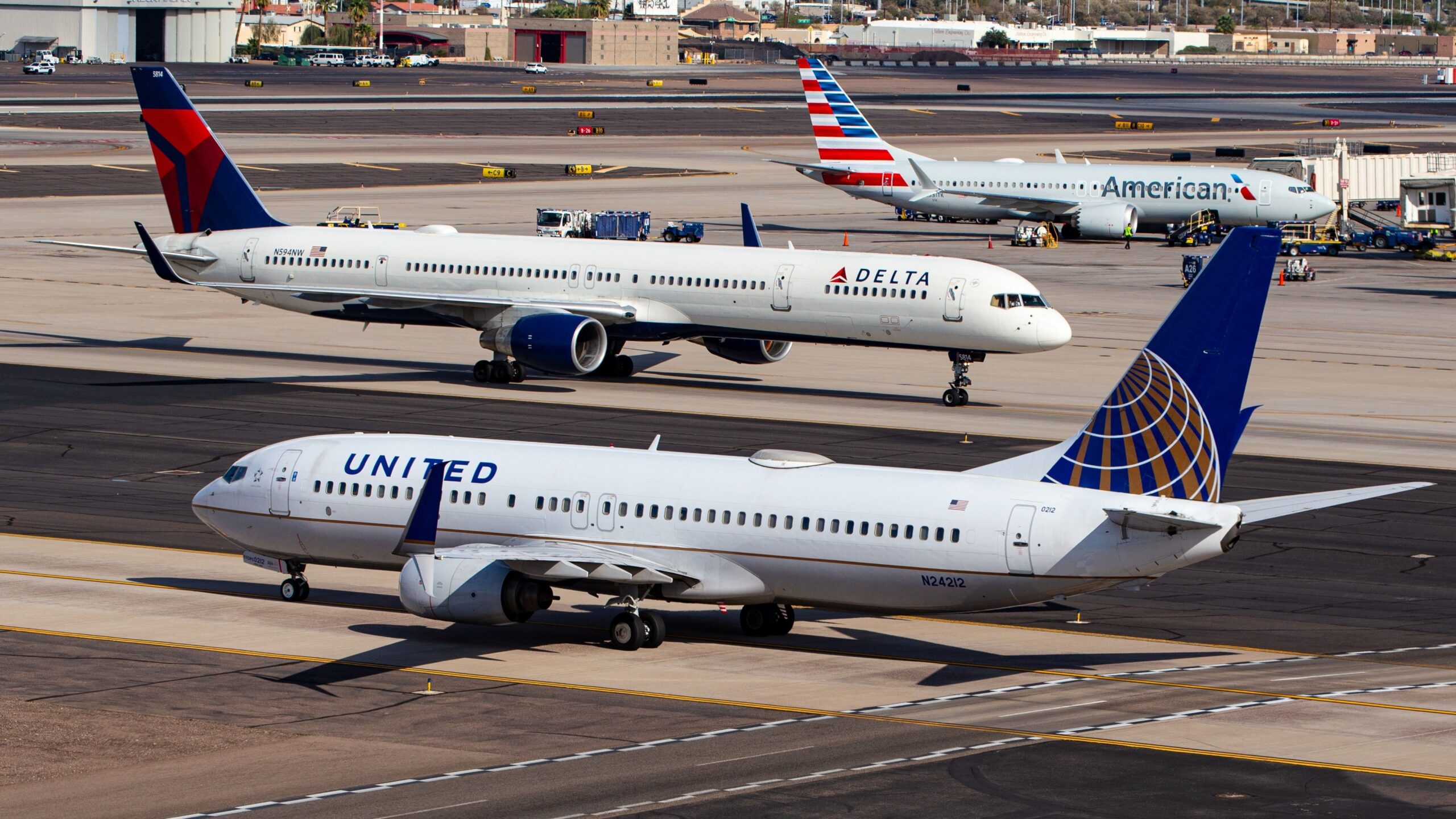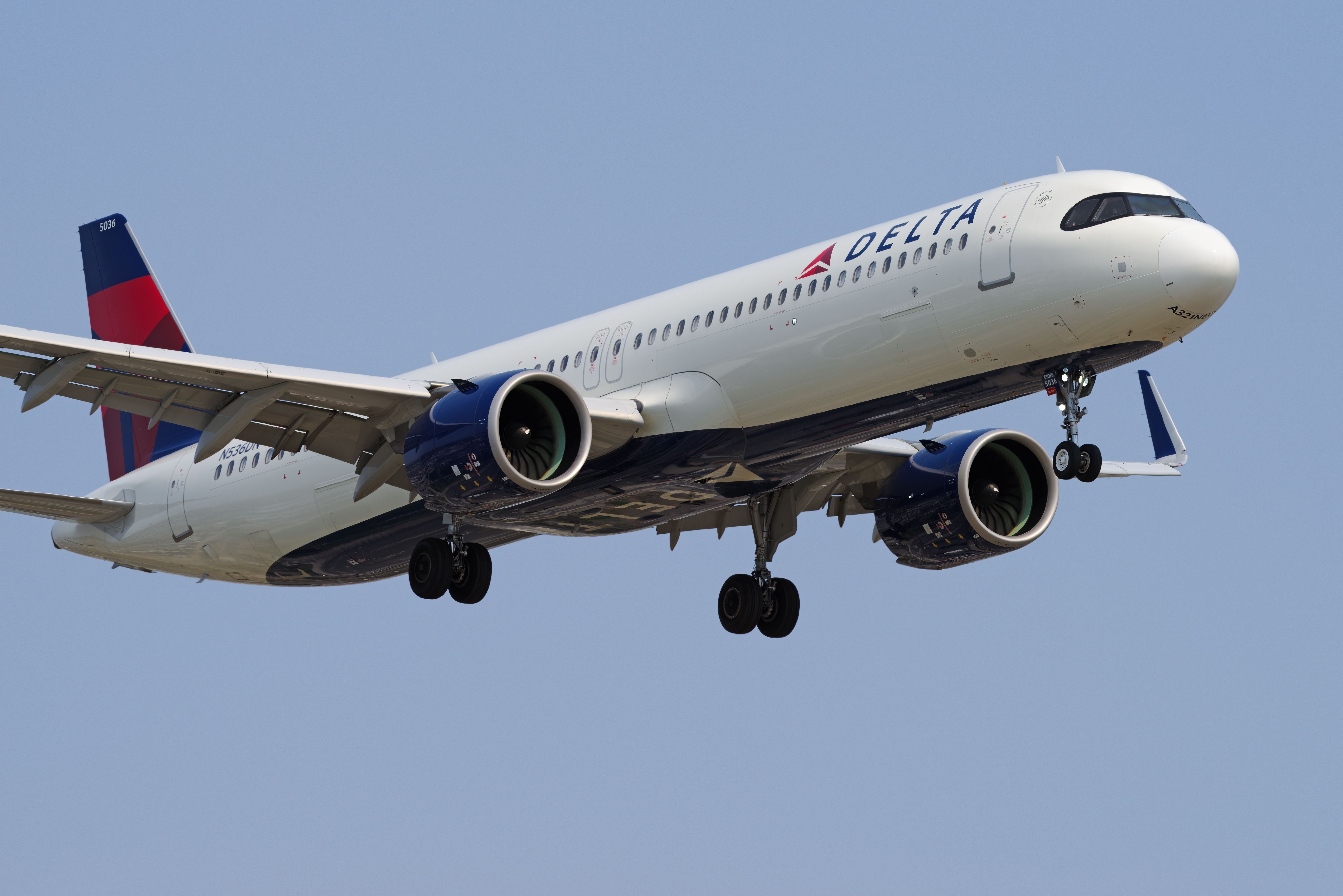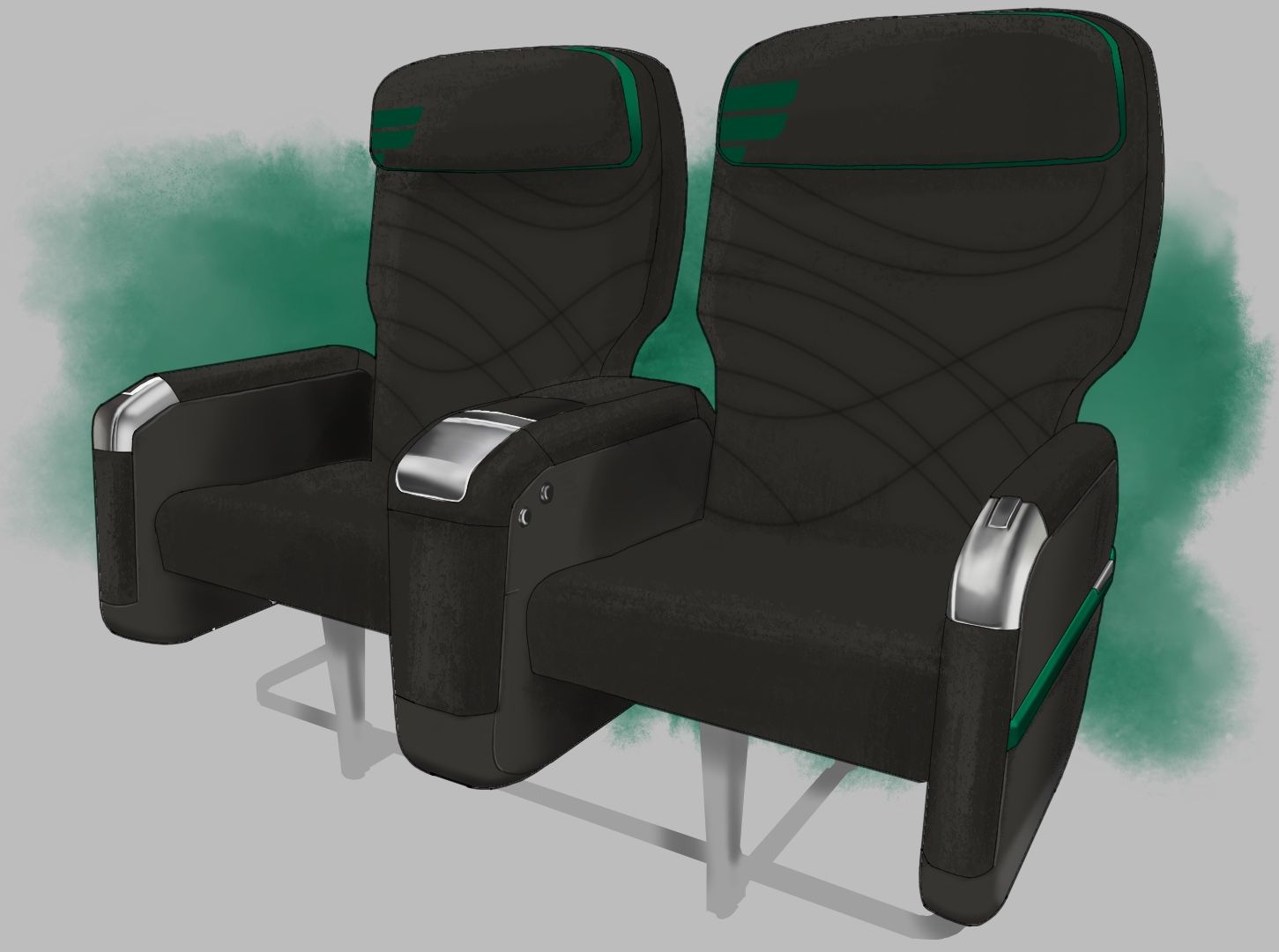Over the past few months, United States-based airlines, whether it would be the full-service carriers such as ![]() Delta Air Lines
Delta Air Lines
or companies on the other side of the spectrum, like Spirit Airlines, have emphasized that passengers have preferred more premium options, especially after the pandemic.
While some of the changes that airlines have announced will take time to materialize, there has been a clear trend of US-based carriers adding more premium capacity to their domestic networks.
Premium seats outpacing economy seats
According to Visual Approach Analytics analysis, Alaska Airlines, American Airlines, Delta Air Lines, Hawaiian Airlines, JetBlue Airways
, and Spirit Airlines have added a substantial number – except Hawaiian Airlines
– of premium seats to their networks in 2024 compared to 2019.
The firm pointed out that scheduled economy seats on domestic US routes have grown by 4% since 2019, while premium seats have grown by 14%.
While ![]() American
American
is now leading the pack in terms of premium seats, overtaking Delta, which was the number one premium seat provider on domestic routes in the US in 2019. ![]() United Airlines
United Airlines
has added 24.8% of premium domestic seats since 2019.
![]() Alaska Airlines
Alaska Airlines
and Spirit Airlines also added more than 20% of premium seats compared to 2019, showcasing that airlines that have not been associated with a premium travel experience – more in the case with Spirit
rather than Alaska – have jumped on the trend and attempted to lure higher yield passengers with more comfortable cabins onboard.
In July, the Seattle-based carrier announced that it would add 1.3 million premium seats to its Boeing 737 fleet annually starting this September. Earlier in 2024, Alaska retrofitted its entire regional fleet and added 400,000 premium seats to its Embraer E175s.
When presenting the ‘Alaska Accelerate’ plan earlier this month, the carrier said it also plans to expand premium cabins on Hawaiian’s widebody aircraft fleet.
Currently, the airline’s Airbus A330-200 and Boeing 787-9 Dreamliner cabins have an 18-point and 12-point gap in premium seating compared to US competitors operating widebodies, respectively. By 2027, the group plans to have a 29% premium mix on Alaska and Hawaiian aircraft.
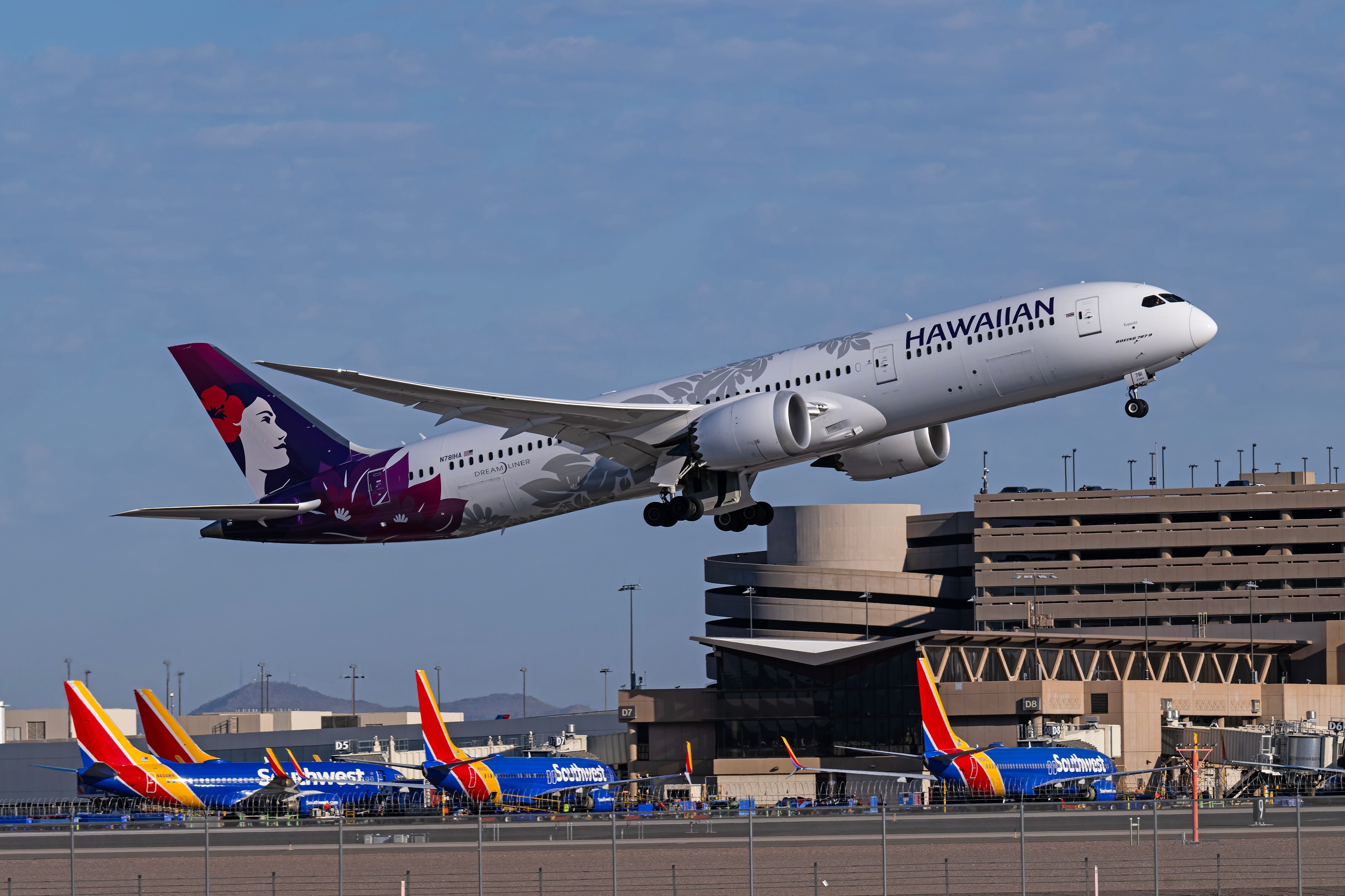
Related
Alaska Air Group Could Start These 7 Long-Haul Routes From Seattle
However, the destinations were outlined to showcase potentially shorter flight times from Seattle than from Los Angeles or San Francisco.
Following the money
Meanwhile, during Delta’s investor day last month, CEO Ed Bastian, noted that he always gets questions about the company’s strategy, including whether the carrier is worried that more airlines are trying to get into the premium space and potentially catch up.
“I said if I were them, I [would] do the same thing. That’s where the money is […].”
However, Bastian reflected that Delta has invested in its airport locations, fleet, technology, free Wi-Fi, international network, and people, noting that those investments are the foundation of a premium airline.
Glen Hauenstein, the carrier’s President, continued that train of thought, noting that once he bought his first nice car, he had not gone back. What the airline has garnered over the years is that travelers follow a similar pattern: after they have flown in a premium cabin, they tend not to go back to the lower classes.
“[…] the life cycle starts when you’re young, and fares were the only thing that matters. And then as you get older and you can afford more and want more and it’s really been enlightening to unlock this life cycle of a customer and understand them.”
Delta pointed out that premium consumers have been thriving, that millennials have more wealth than prior generations, and they are willing to spend their non-essential cash on luxury travel.
Photo: Angel DiBilio | Shutterstock
“What I think is so exciting, a better future, as Ed [Bastian – ed. note] pointed out, is the millennials and how strong the Delta brand has been over the last 10 years to attract the best millennials.”
When American’s shareholders grilled the airline during the annual general meeting (AGM) in June, asking why its current management has been “treating this airline as a domestic low-cost carrier, while the other two leading network carriers are developing and branding their product more efficiently and productively,” the airline admitted that customers have been seeing premium experiences as a differentiator.
“American currently offers more premium seats than any other U.S. airline, and that number will only grow. In fact, by 2026 the number of premium seats on our fleet is expected to grow by more than 20%.”
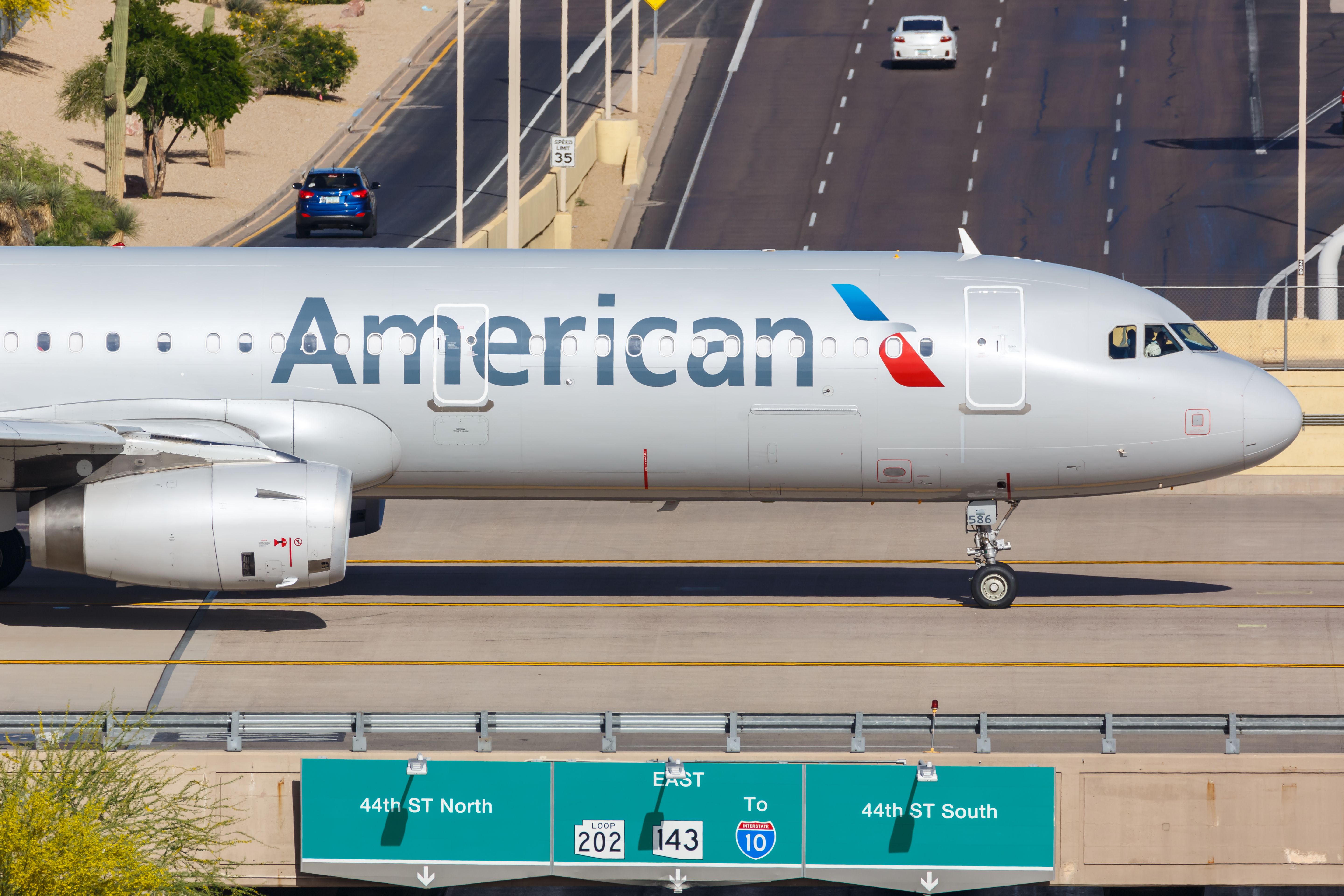
Related
American Airlines Focuses On Business After $149 Million Net Loss In Q3
American Airlines pointed out that its net loss was largely underpinned by one-time charges related to labor agreements.
Low-cost carriers going upmarket
In response to these changing customer expectations, US-based low-cost carriers, such as Frontier Airlines
, Spirit, and  Southwest Airlines
Southwest Airlines
, have announced changes to their cabins, underpinned by more premium experiences.
While Spirit Airlines entered into voluntary Chapter 11 proceedings on November 18th, the airline still outlined that it plans to become more of an up-market carrier post-Chapter 11, also admitting that following the pandemic, passengers have swayed toward premium experiences.
Southwest changed something that has been the focal point of its passenger experience since its inception, introducing assigned seating, more premium seats, and other cabin-related improvements.
Photo: Frontier Airlines
On December 3rd, Frontier announced that it would introduce a first-class seat in the first two rows of its aircraft, which will be available to passengers starting in late 2025.
Barry Biffle, carrier’s CEO, said that the company listened to its passengers, who wanted more premium options, like first class seating, attainable seat upgrades, and others.
Biffle concluded that the changes represented an exciting new chapter for the low-cost carrier. The following day, Biffle equated passengers who try to avoid paying for carry-on luggage to thieves in an interview with Reuters.
The CEO added that he hoped the new administration would allow the airline to focus on important issues, such as safety, rather than “regulating prices and regulating experiences.”
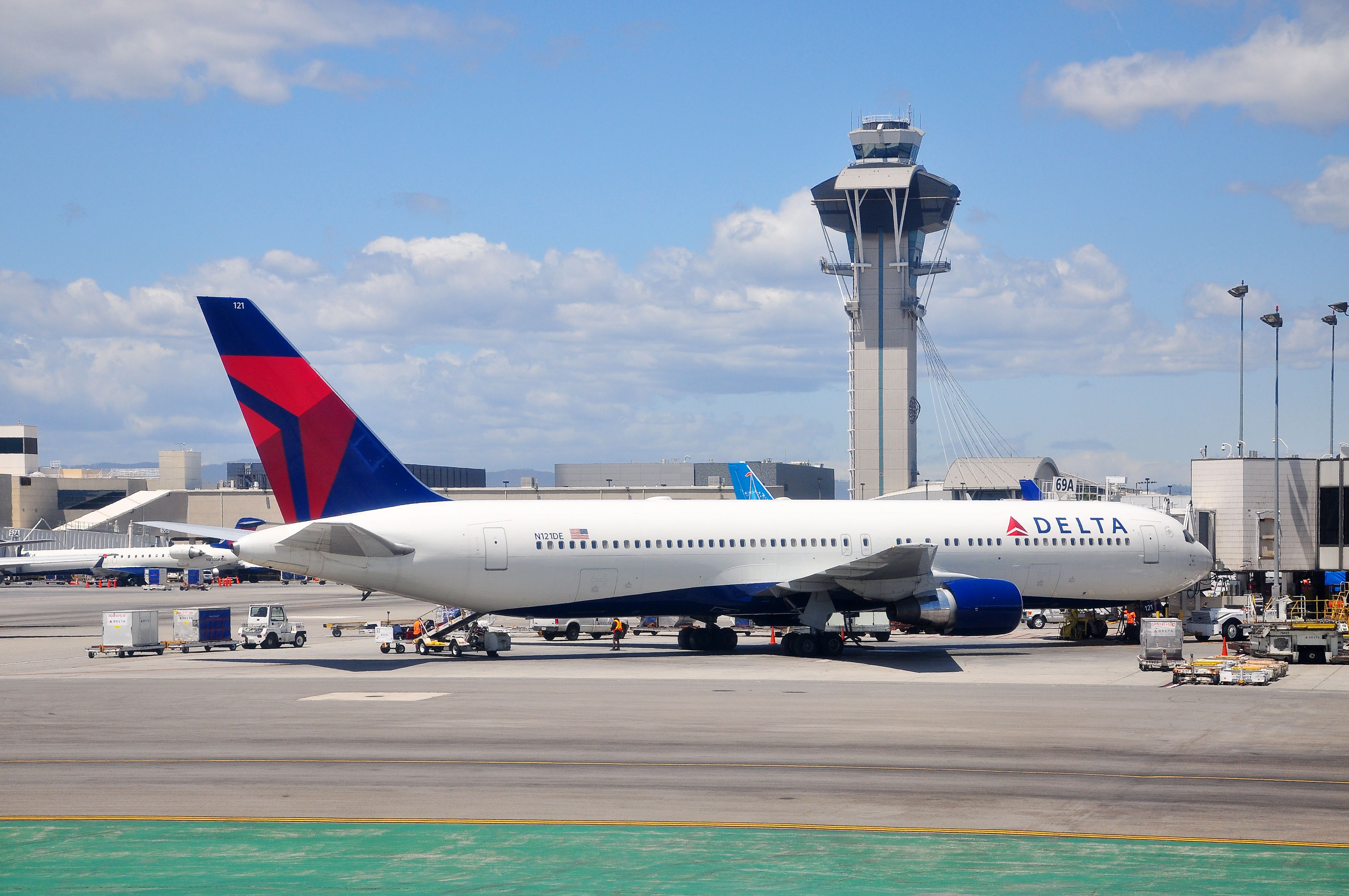
Related
Buttigieg Pushes Back On Delta CEO’s Claim Of “Overreach” In Passenger Protections
Buttigieg responded to the comments Delta Air Lines’ CEO had made in November.

